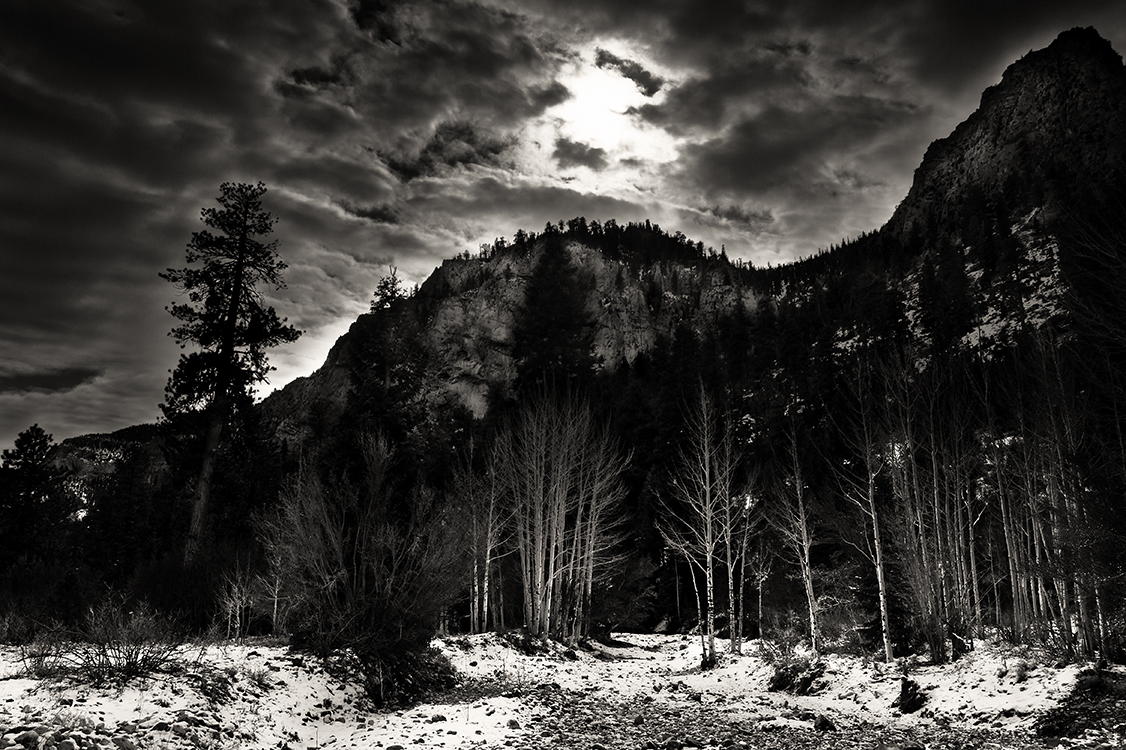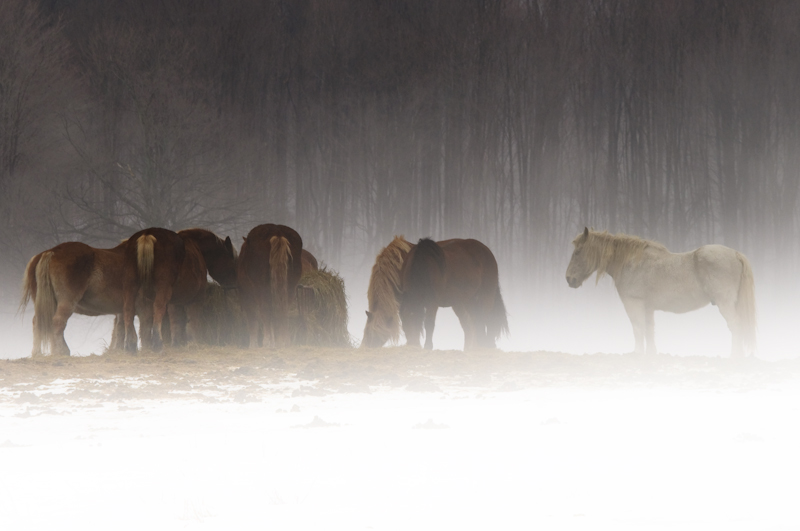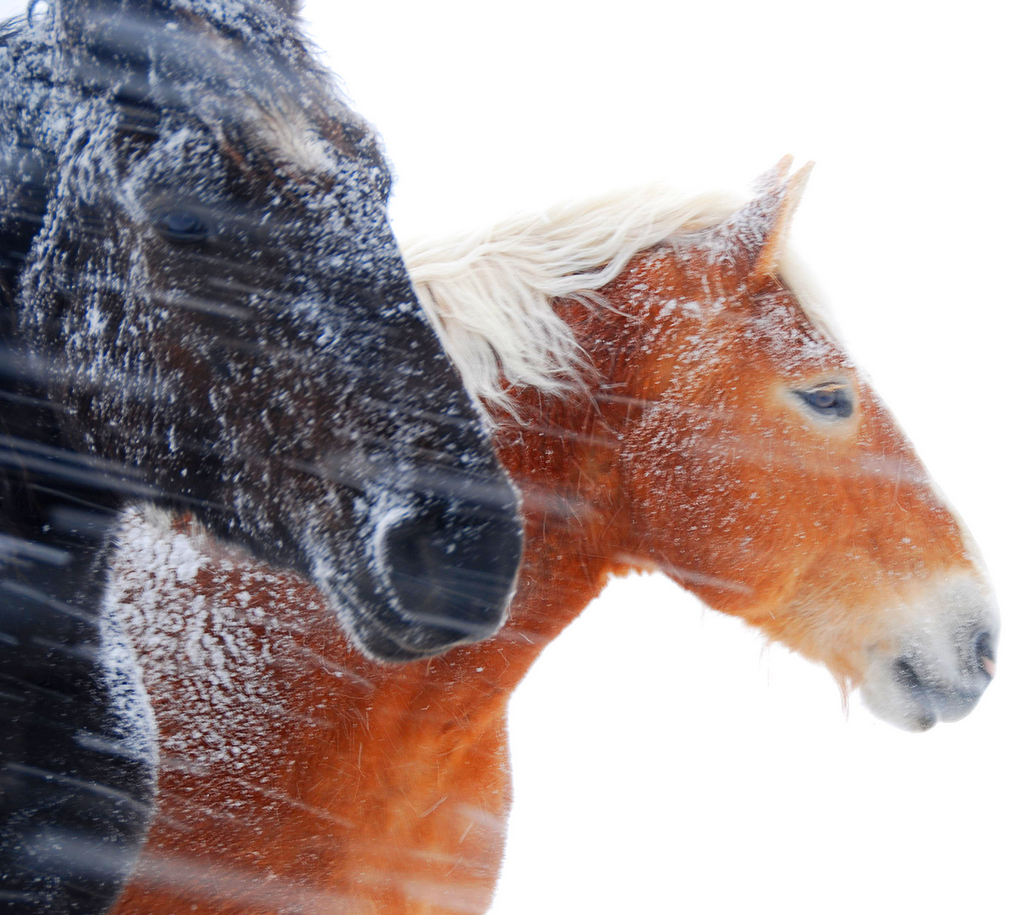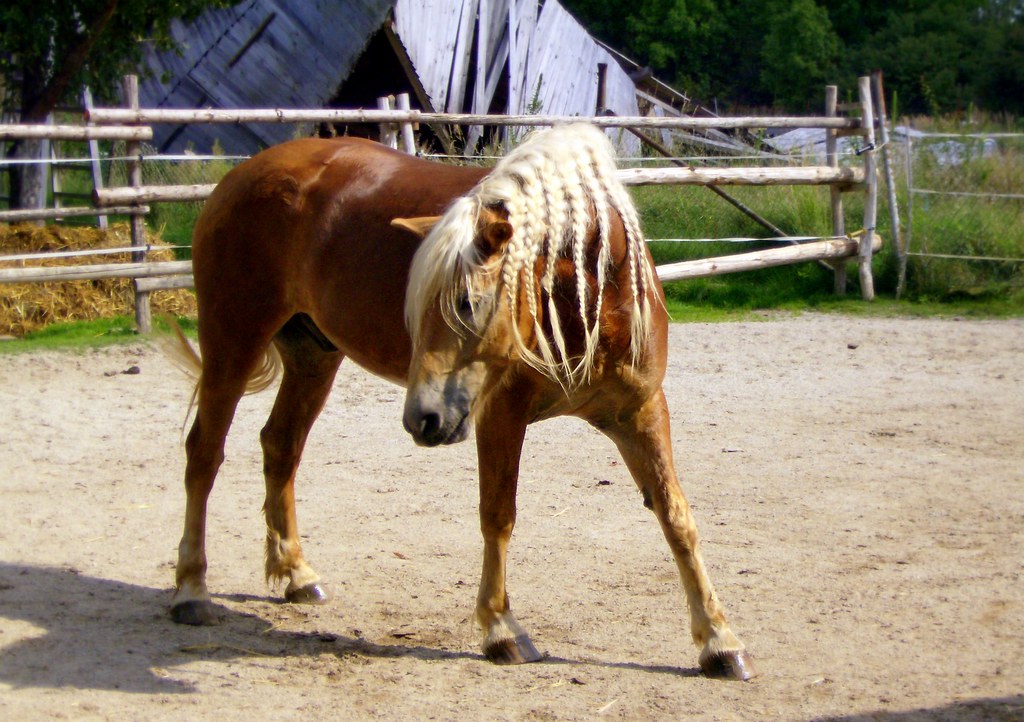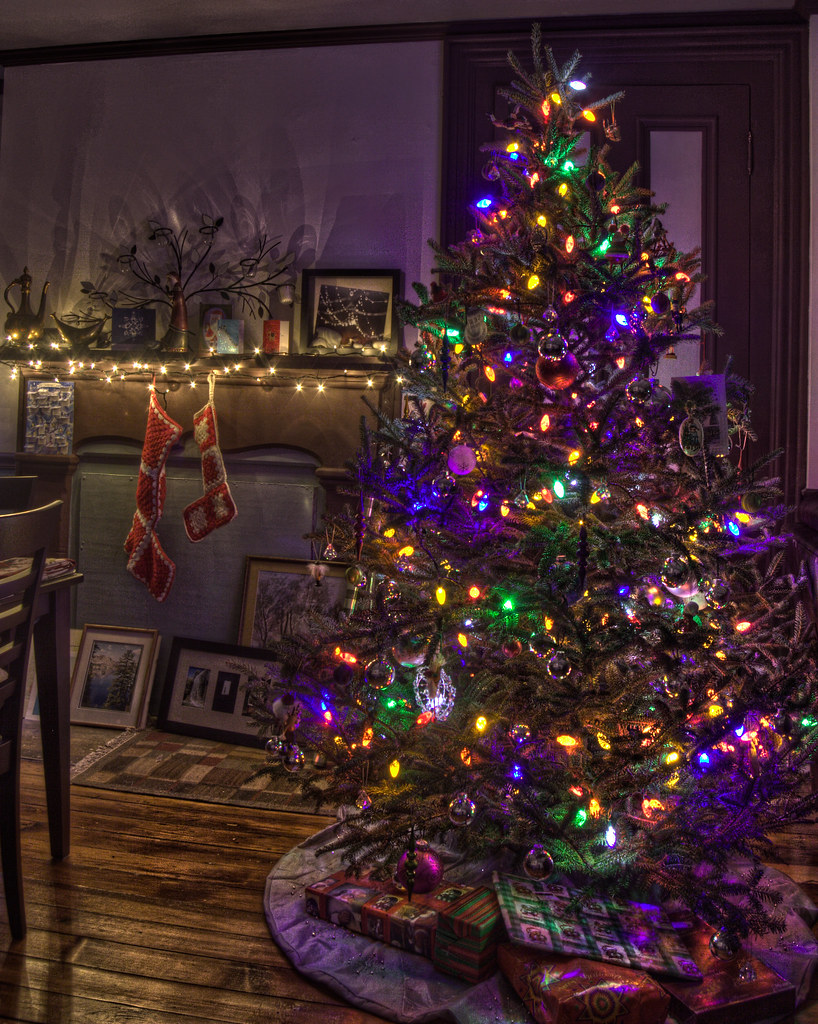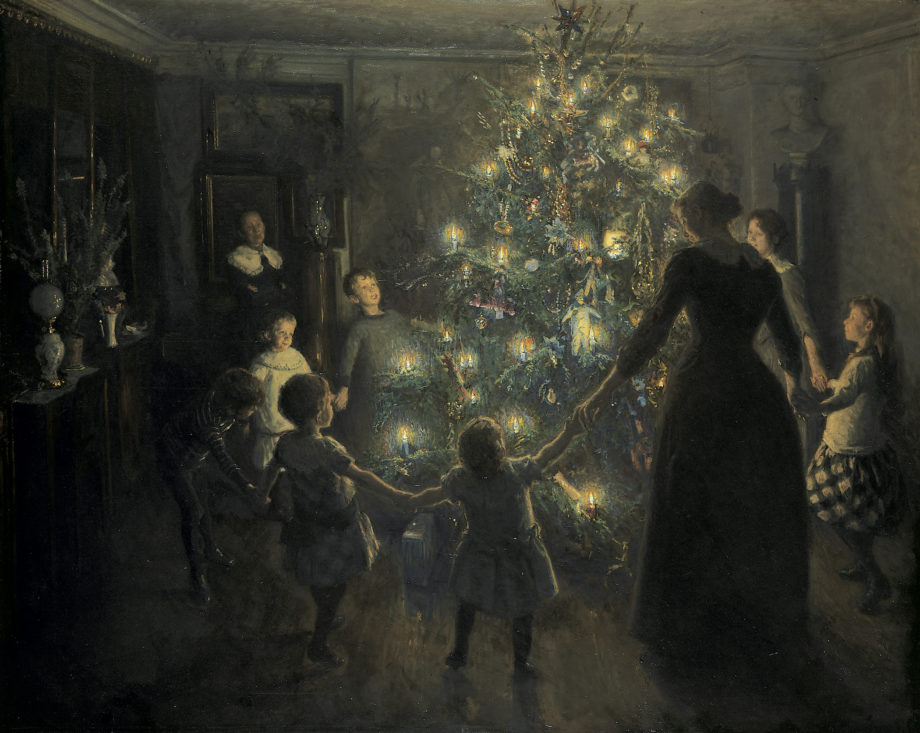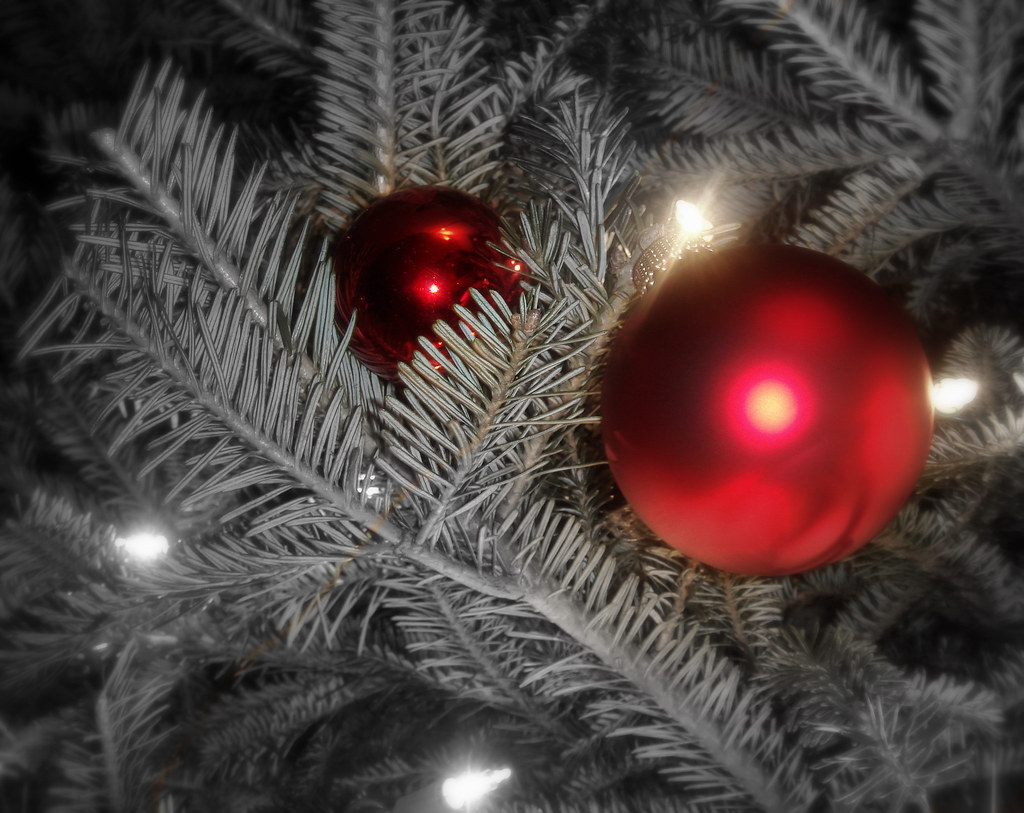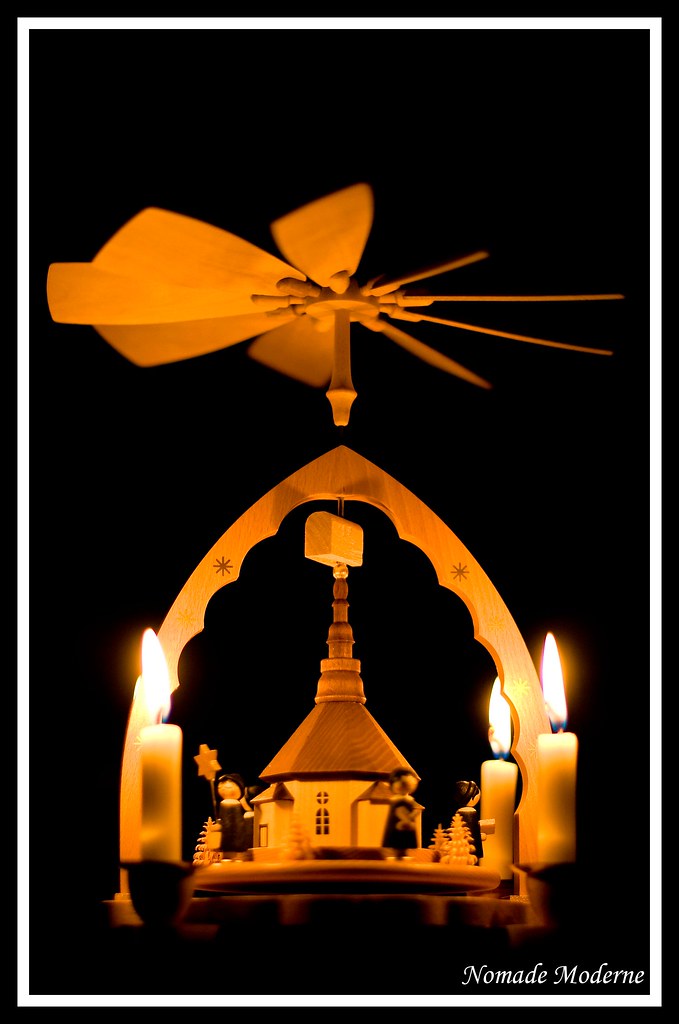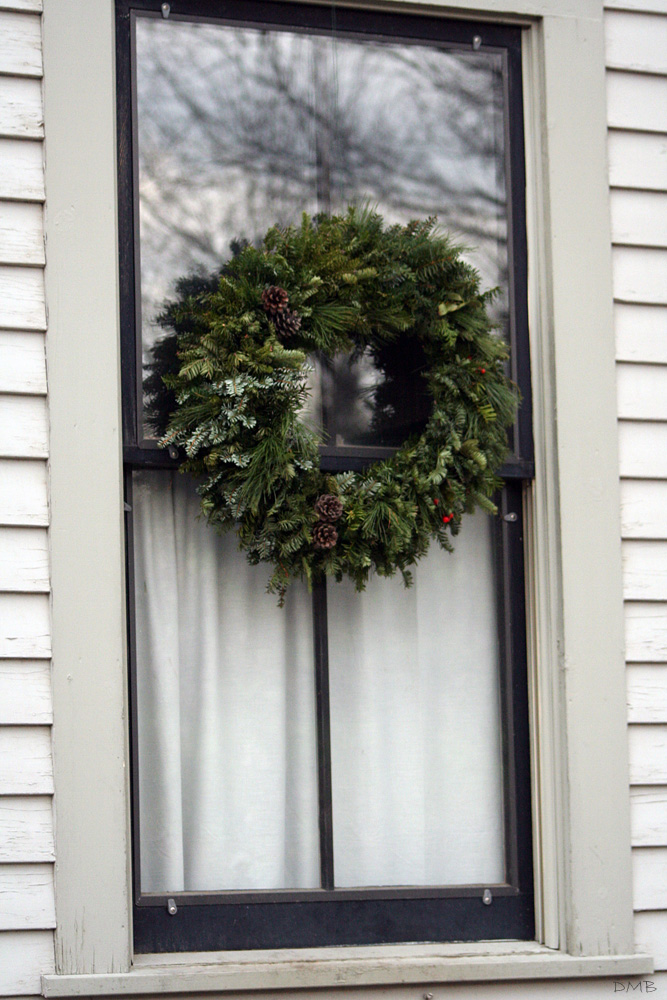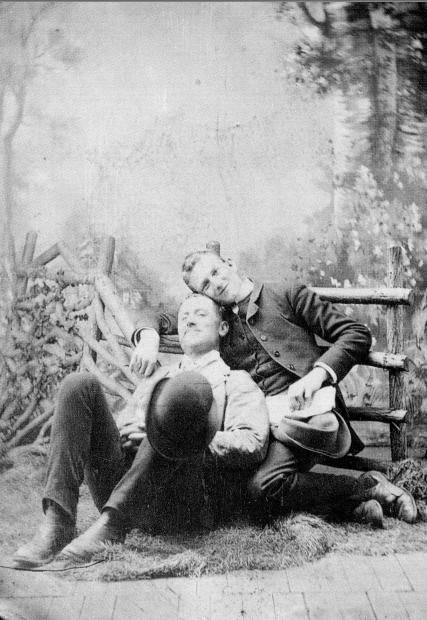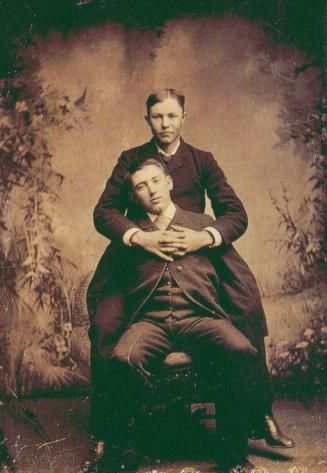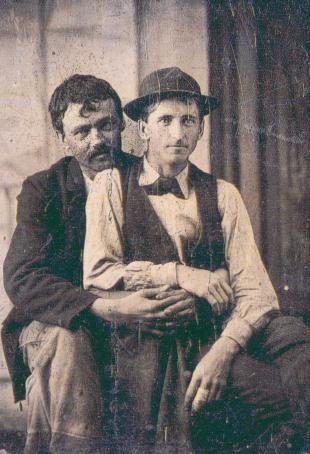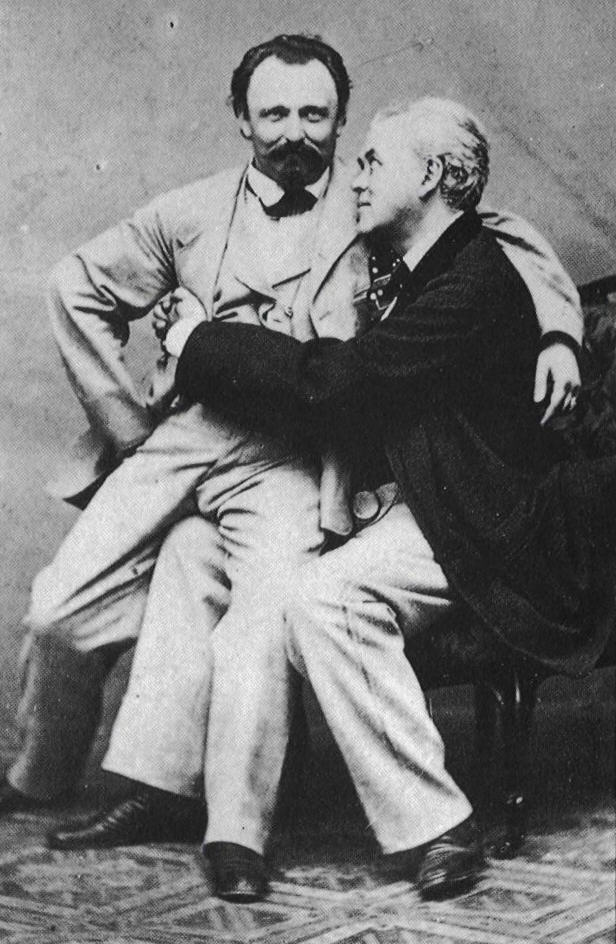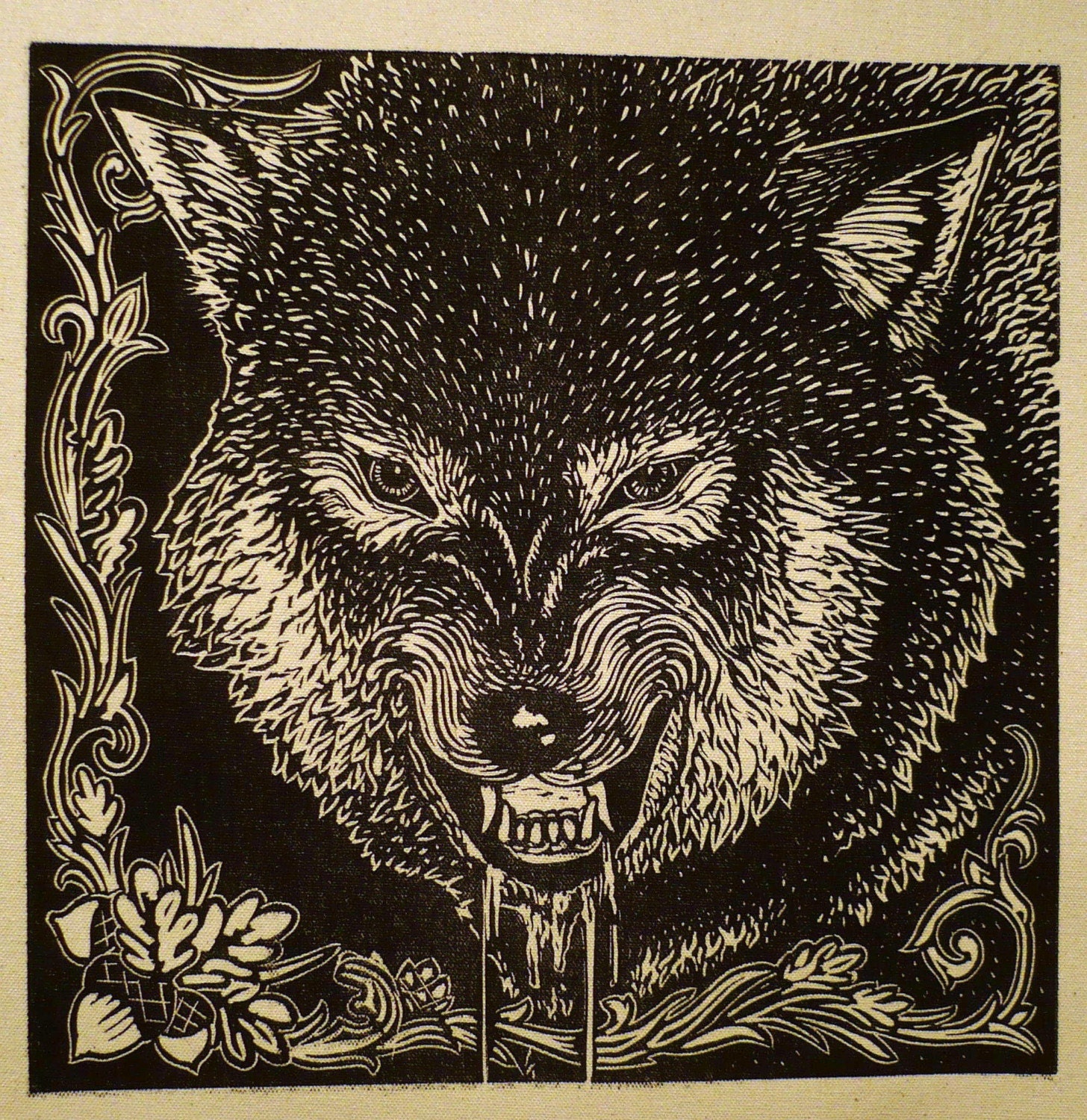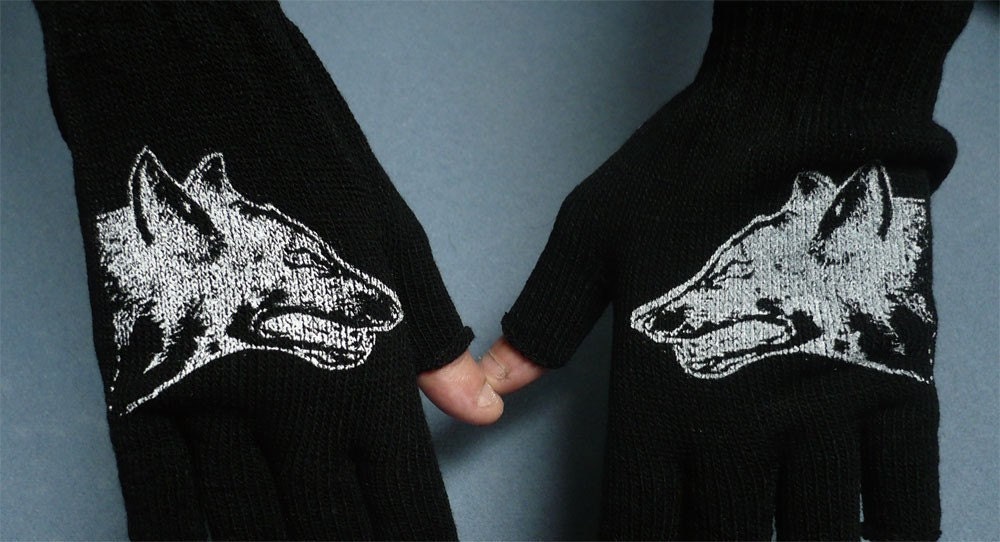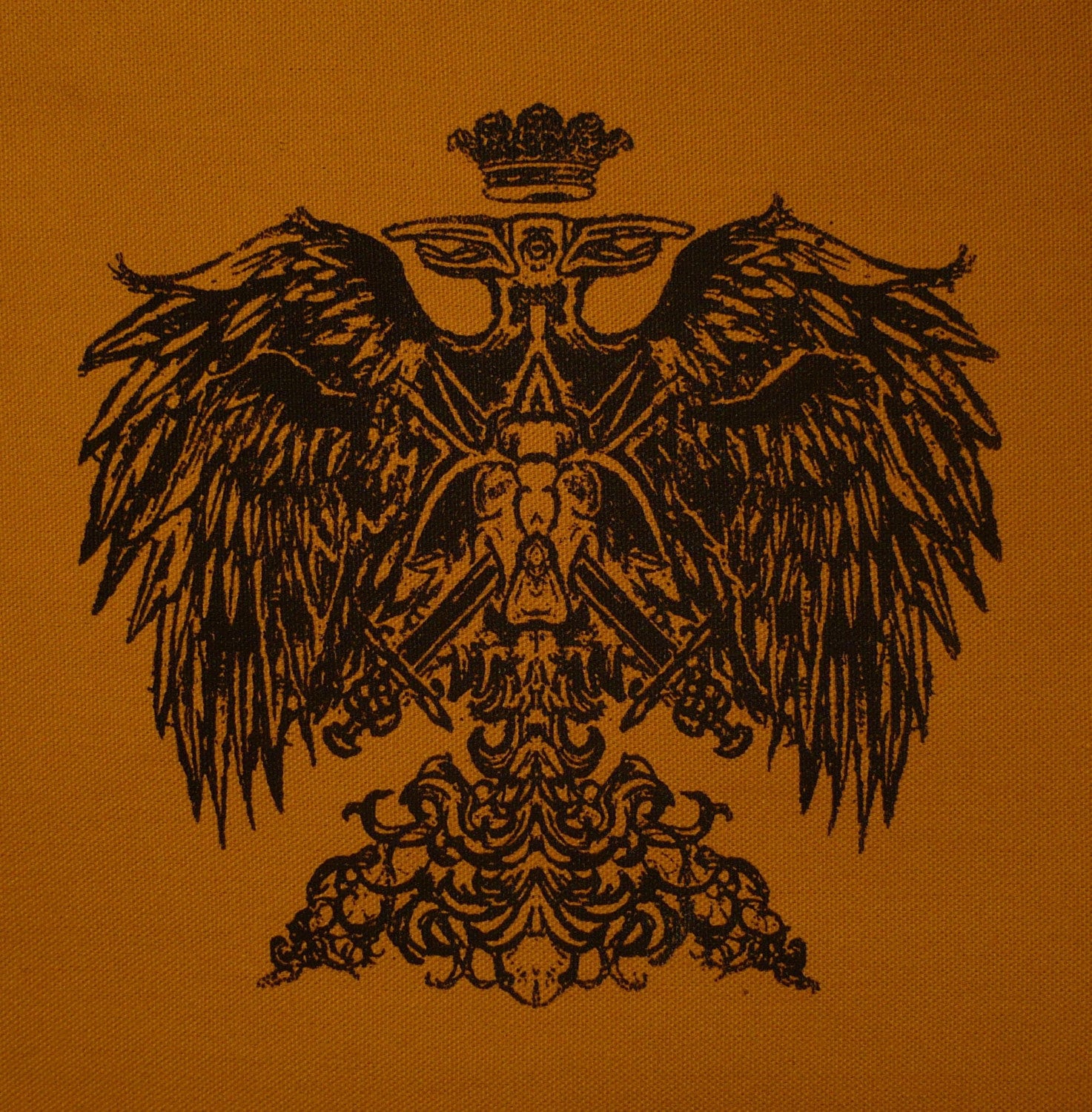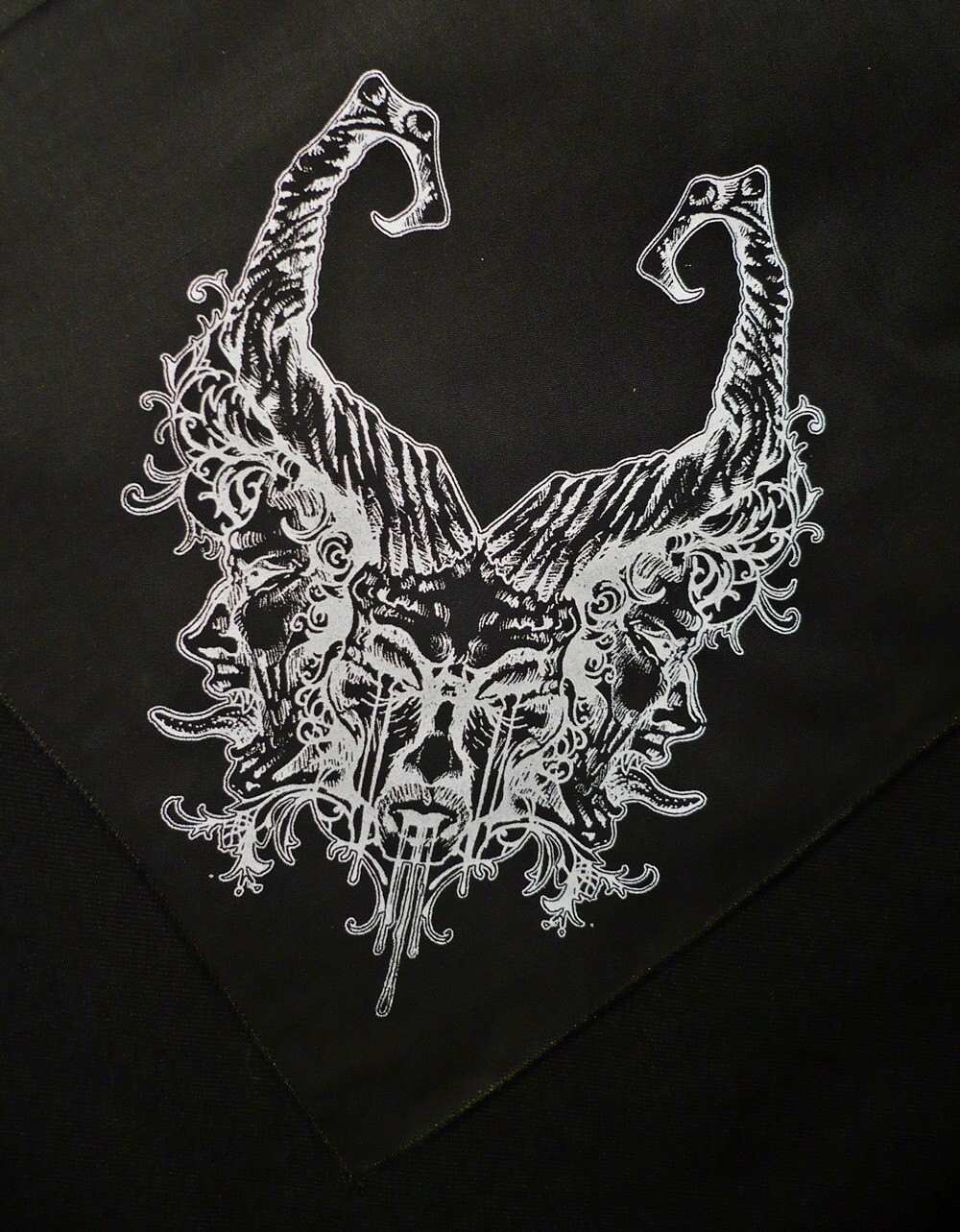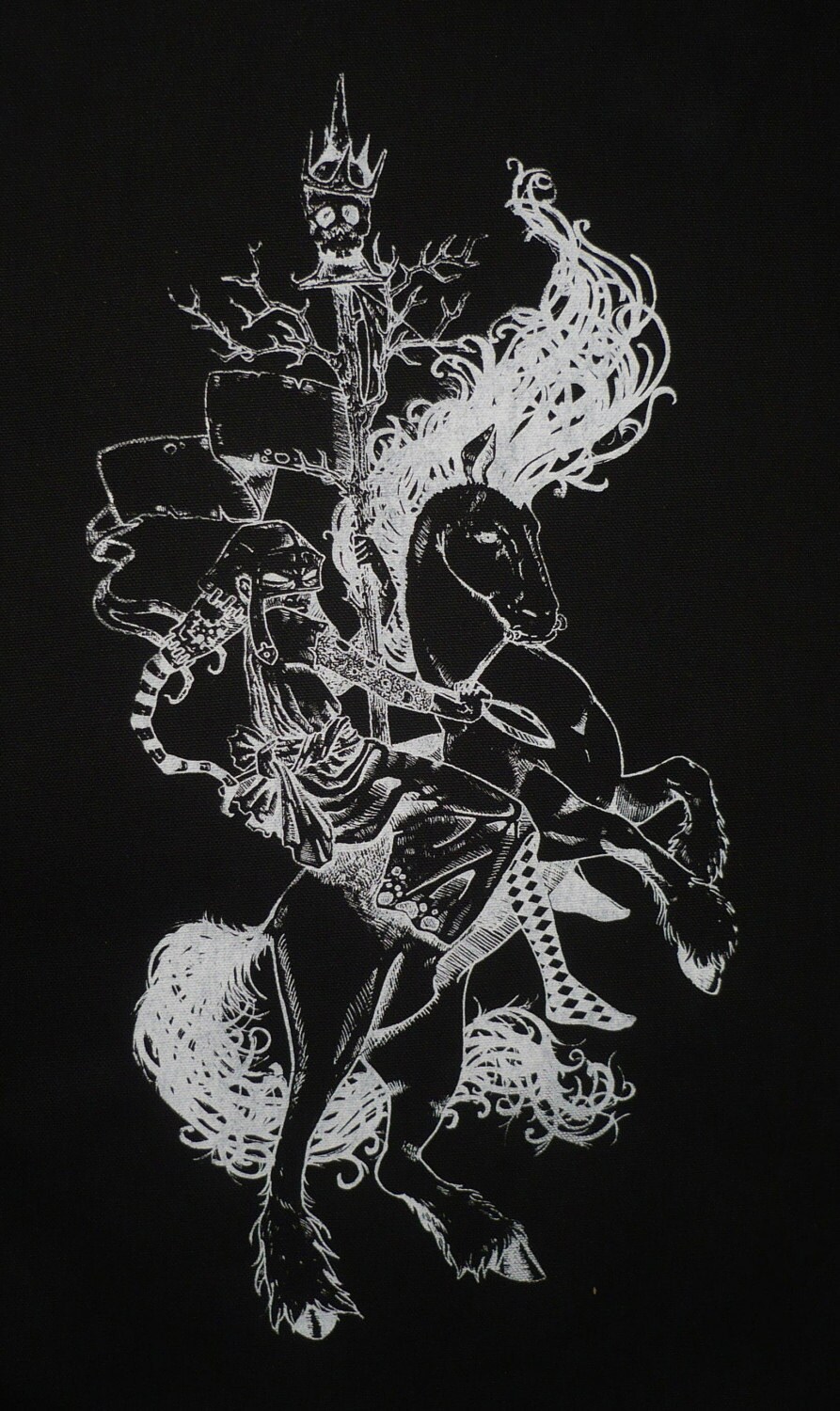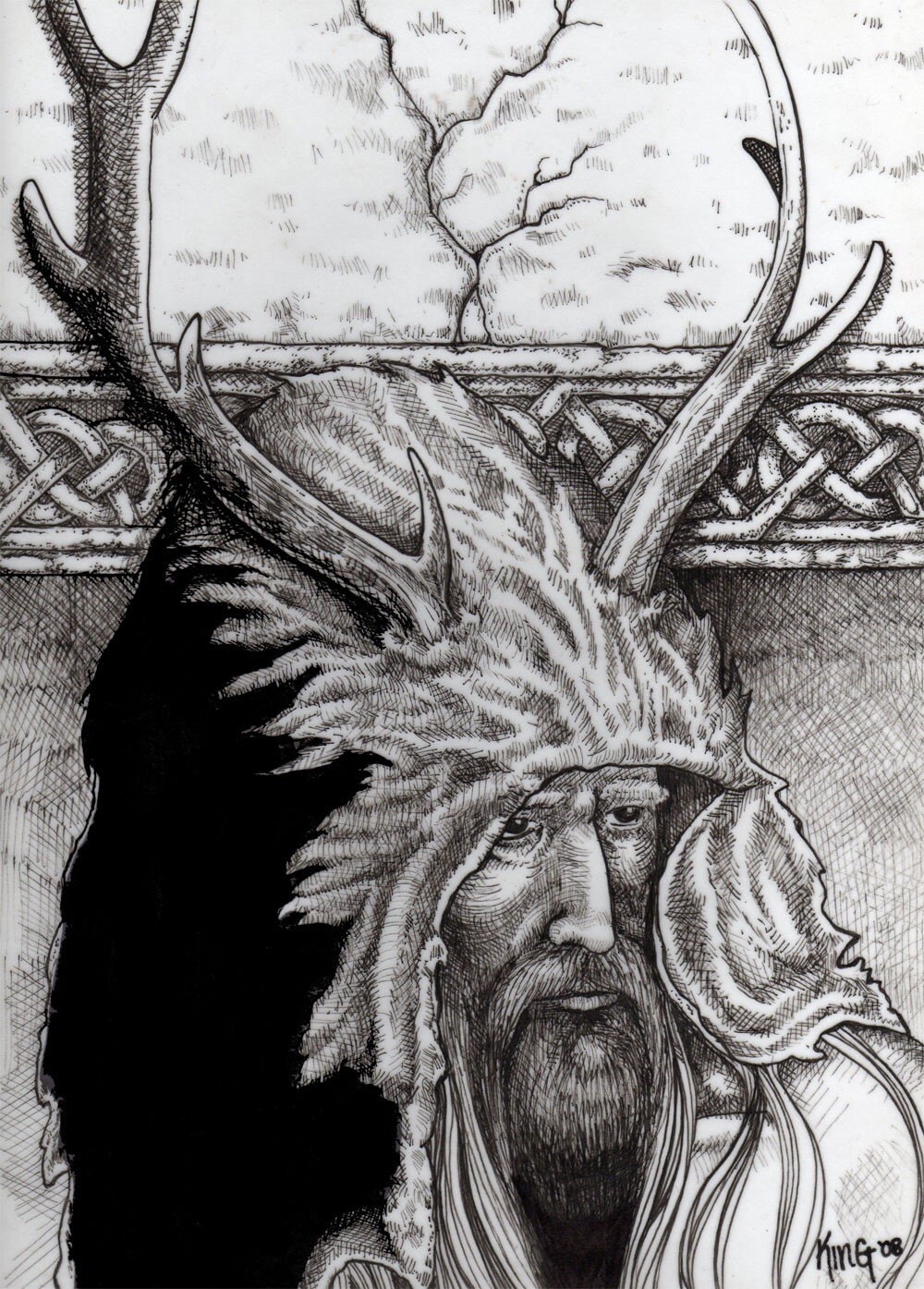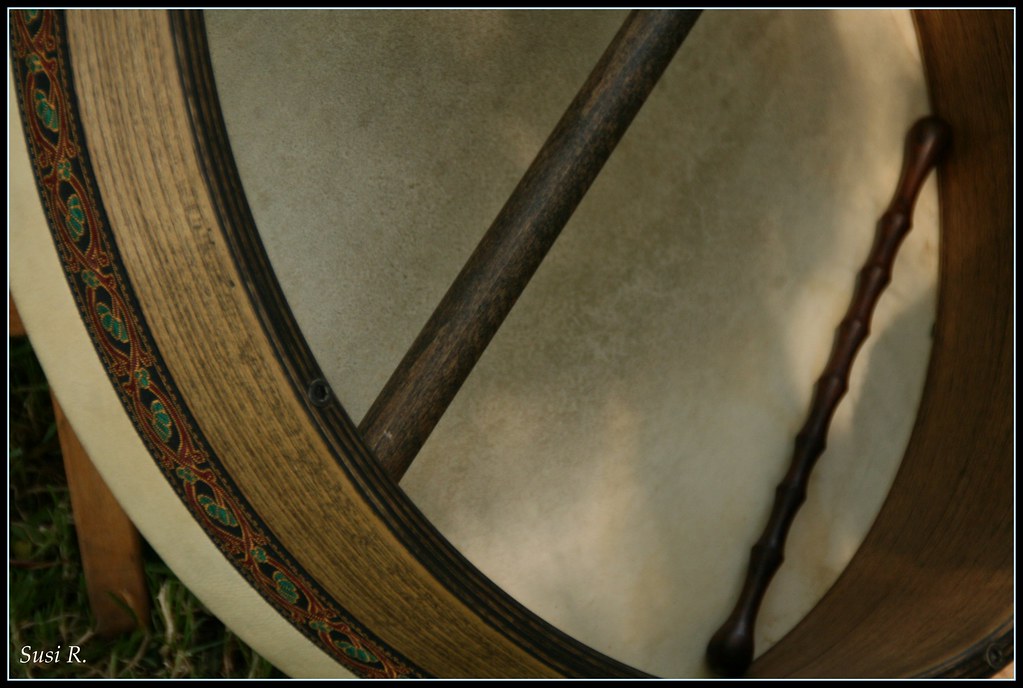This time of year has been historically seen as a good time by various cultures and countries as a great time for divination, and to hold various rituals for health, plenty, and overall good luck. One of the most popular subjects for divination was love and marriage.
On December 21st, which is sometimes celebrated as Saint Thomas Eve, young English women and girls would turn to 'Saint Thomas' onion' to dream who their future mate will be. They would peel the onion, put it on a cloth and place it under their pillow and say the following words:
Good St Thomas do me rightAnd bring my love to me tonightThat I may look him in the faceAnd in my arms may him embrace.{
Mother Bunch's Closet by George Laurence Gomme}
In
Christmas In Ritual and Tradition, Christian and Pagan, Clement A. Miles mentions various Yuletide divination practices for those who are looking to find out more about their future loves.
Also on Saint Thomas Eve, German women and girls would divine when they would be married by tossing shoes over their shoulder. If the toes of the shoes were pointing towards the door, they would be starting their own household within the year.
During Christmas Eve a Slavic girl would what kind of husband the future hold for her by setting the table before bed with a plate, fork, spoon, and knife along with a loaf of bread. That night she would have her future husband's spirit come to her and would throw the set out knife at her. If the knife missed her she would have a long and happy life with a husband who was kind and loved her.
Russian girls would use two candles and two mirrors while sitting in a dark room to find out who her true love was.
In Scotland omens were to be found all over during the festive season. While baking 'Yeel' {Yule} cakes in upcoming deaths and hardships could be announced; if a piece of a cake fell of then sickness or injury would be suffered by someone in the household, and if the cake broke altogether then someone was to depart in the up coming year. If the Christmas morning fire was a warm and bright one, the upcoming year would be filled with affluence and if the first fire of the New Year had peat fall away from the fire, then a family member was to die within the year. {
The Folklore of North-East Scotland by Walter Gregor}.
One tradition on New Year's morning was to 'cream the well', the cream being the first water drawn from a spring or well. The
Clan Sinclair website says of 'creaming the well':
Since the well would only be drawn the once, everyone would race to reach it, and in particular the young lassies, for possession of the first water drawn was said to guarantee marriage within the New Year. It was said for this to work, the young woman cocerned would have to get the lad they desired to marry to drink the water before the end of the first day.
Farmers would cream the water source of successful neighbours in hoping to bring some of that prosperity onto themselves. This was thought to be especially effective for farmers with dairy cows when they washed their milking bucket and other milking tools with this water or gave it to their cows to drink.
And on Christmas morning in Bohemia {now the Czech Republic} farmers would see to their cattle's health by having a priest either sprinkle them with holy water or feed them bayberries, bread and salt that were blessed by a priest.
If there was ever a good time to die, for a Catholic Irishman it would be to do so at midnight on Christmas Eve, because many believed that one could go straight to Heaven at this time without having to wait in Purgatory. {
The Encyclopedia of Superstitions by Edwin Radford}.
In
Superstitions of the Irish Country People by Padraic O'Farrell it is said that an Irish family would leave a candle in the window, the door unlocked, and food left out for travellers on Christmas Eve in memory of the wanderings of Mary and Joseph, the parents of Jesus. A bowl of water was also left out for the thankful guests to bless, which could be used in various cures in the upcoming year.
While having Yule visits with family and friends, Irish folks would place everyone's shoes beside each other to avoid any tiffs for the year to come...and hopefully they were not wearing new shoes, as it was thought to bring bad luck if worn on Christmas!
The sky was looked to on Christmas Eve to see what farmers had in store: a new moon and a clear night with bright stars would mean a good harvest. In Switzerland folks would take a gander at the sky on New Year's day and if it was red, war was sure to come. {
Festivals of Western Europe by Dorothy Gladys Spicer}.
The Swiss thought {along with people in a few other countries} that their farm critters would gain the power of speech on Christmas Eve because of their presence at the nativity, so they were given extra portions of food and goodies on this night. The farmers also made sure that they were far away for the barn at midnight when the speech was bestowed to the animals, for if they heard the conversation doom would hang over their heads.
Christmas Eve was a happy time for a young Swiss person in search of love if they drank from nine different wells before the midnight church bells were ringing. After doing so, they could hasten over to the church steps to see their future love there waiting for them.
Are you looking to divine who your own future love is? Give this a whirl:
This Christmas falls on a Friday {perfect!} go out a midnight and collect 9 holly leaves, then tie each one into a white 3-cornered hankie and place under your pillow. It is said then you will dream of your future spouse{
Encyclopedia of Superstitions by Edwin Radford}.
Sláinte!
Laurel




